How much apple cider vinegar powder should I take a day?
If you've been exploring natural health supplements, chances are you've encountered apple cider vinegar in various forms. While liquid ACV has been a staple in health circles for generations, apple cider vinegar powder has emerged as a convenient alternative that delivers similar benefits without the strong taste and acidity that many find off-putting. But as with any supplement, the question of proper dosage becomes crucial. Let's explore the factors that influence how much ACV powder you should incorporate into your daily routine.
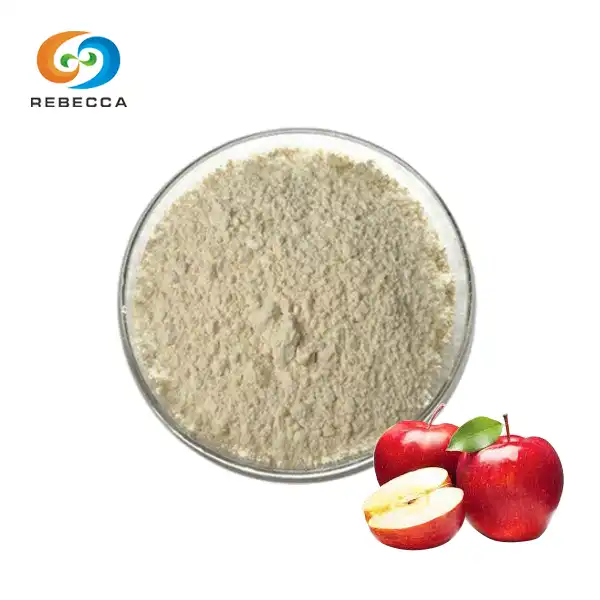
Product Name: Apple cider vinegar powder ,Organic Apple cider vinegar.
CAS No.: 85251-63-4
Specification:Apple cider vinegar powder 5% 8% 10%
Test Method: HPLC
Latin Name:Malus Pumila Mill.
Powder Concentration
The concentration of acetic acid, the primary active compound in apple cider vinegar, varies significantly among powder products. This concentration factor is perhaps the most crucial element in determining appropriate dosage. When browsing apple cider vinegar powder options, you'll notice percentage indicators like 5%, 8%, or 10% on product labels. These percentages refer to the acetic acid content, which directly influences both the potential benefits and the appropriate serving size.
A 5% apple cider vinegar powder contains a lower concentration of acetic acid compared to 10% varieties. This doesn't necessarily mean it's less effective—it simply means you might need a slightly larger amount to achieve equivalent results. Lower concentration products are often recommended for beginners or those with sensitive digestive systems. They provide a gentler introduction to supplementation while minimizing potential side effects like stomach discomfort.
In contrast, higher concentration formulations (8-10%) deliver more acetic acid per gram of powder. These products appeal to experienced users seeking maximum potency in a smaller serving size. If you're using a 10% apple cider vinegar powder, you'll typically need about half the amount compared to a 5% product to achieve similar acetic acid intake. The mathematical relationship is straightforward: a 10% concentration provides twice the active compound as a 5% product in the same volume.
Beyond acetic acid percentages, some manufacturers incorporate additional functional ingredients that may influence dosing. "The Mother", the beneficial bacteria and enzymes present in raw, unfiltered ACV, is sometimes preserved in premium powder formulations. Products featuring "The Mother" may offer enhanced probiotic benefits but could require different handling and dosing considerations compared to filtered varieties.
When calculating your ideal dosage, always reference the specific concentration of your product. As a general equivalency guide, one tablespoon (15 ml) of standard liquid apple cider vinegar (5% acetic acid) contains approximately 750 mg of acetic acid. Therefore, if you're using a 5% apple cider vinegar powder, you'd need enough powder to deliver this same amount of acetic acid to replicate the liquid dosage.
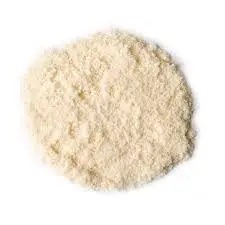
General Recommended Dosage
Most clinical studies showing measurable health benefits have used doses equivalent to 1-2 tablespoons (15-30 ml) of liquid ACV daily. When translated to powder form, this creates a framework for recommended intake levels.
For standard 5% apple cider vinegar powder, a typical daily dose ranges from 500-1500 mg, divided throughout the day. Those using 10% concentration products might adjust to 250-750 mg for equivalent effects. These ranges provide sufficient acetic acid to potentially support blood glucose regulation, assist with feelings of fullness, and contribute to digestive health, the benefits most commonly associated with ACV supplementation.
Timing also influences the effectiveness. Research suggests taking it before meals may optimize certain benefits. A 2009 study published in the Journal of Agricultural and Food Chemistry found that consuming vinegar with carbohydrate-rich meals resulted in lower post-meal blood glucose and insulin responses. For weight management support, taking acv powder approximately 15-30 minutes before meals appears most beneficial based on available research.
Starting with a conservative dose and gradually increasing allows your body to adjust to the supplement. I typically recommend beginning with about half the standard dose—perhaps 250-500 mg of a 5% powder once daily—for the first week. If well-tolerated, you can incrementally increase to the desired maintenance dose over several weeks. This gradual approach minimizes digestive discomfort while allowing you to assess your individual response.
For specific health goals, dosage adjustments may be warranted. Those primarily interested in blood sugar management might focus on pre-meal supplementation, while individuals seeking digestive benefits might distribute smaller amounts throughout the day. One approach gaining popularity involves dividing the daily dose across morning and evening servings—perhaps 750 mg with breakfast and another 750 mg before dinner for someone taking 1500 mg daily of a 5% product.
Always follow product-specific instructions provided by the manufacturer, as formulations vary widely. Many apple cider vinegar powder supplements come in capsule form with pre-measured amounts, typically ranging from 500-1200 mg per capsule. These standardized doses simplify the process but may require multiple capsules to reach target intake levels. For loose powder formulations, precise measuring tools like milligram scales or calibrated measuring spoons ensure accurate dosing.
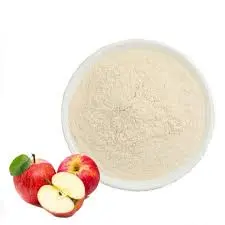
Key Precautions for ACV Powder
While apple cider vinegar powder offers numerous potential benefits, certain precautions warrant attention. Understanding these considerations helps ensure safe and effective supplementation. Like many natural health products, apple cider vinegar powder isn't appropriate for everyone, and specific situations call for adjusted approaches or medical supervision.
Digestive sensitivity represents one of the most common concerns with ACV supplementation. Even in powder form, the acetic acid content can irritate the digestive tract in susceptible individuals. Symptoms like heartburn, stomach pain, or nausea suggest the need for reduced dosage or taking the supplement with food rather than on an empty stomach. Those with known digestive conditions such as gastritis, ulcers, or GERD should exercise particular caution and consult healthcare providers before beginning supplementation.

Medication interactions pose another important consideration. Apple cider vinegar may influence how certain medications are absorbed or metabolized. Particularly noteworthy are potential interactions with diabetes medications, diuretics, and certain heart medications. The blood sugar-lowering effect of ACV could potentially compound with diabetes drugs, leading to hypoglycemia. Similarly, the potassium-lowering effects of some diuretics might be enhanced by ACV's mild diuretic properties. Always discuss supplement additions with your healthcare provider if you take prescription medications.
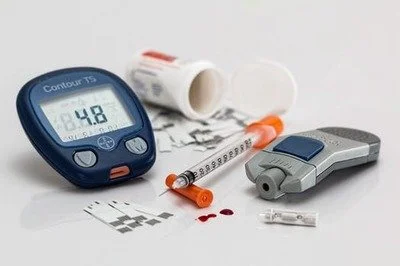
Rebecca: Apple Cider Vinegar Powder For Sale
As a trusted supplier of premium apple cider vinegar powder, Rebecca Bio-Tech offers pharmaceutical-grade products with verified potency and purity. Our acv powder is available in multiple concentration options (5%, 8%, and 10%) to suit your specific health goals and preferences.
Each batch undergoes rigorous HPLC testing to ensure consistent acetic acid content and potency. Derived from premium Malus Pumila Mill. apples, our powder delivers the natural benefits of apple cider vinegar in a convenient, shelf-stable form.
For health practitioners, supplement manufacturers, or wholesale customers seeking reliable apple cider vinegar(CAS No.: 85251-63-4), we provide complete documentation, competitive pricing, and flexible ordering options.
Experience the Rebecca Bio-Tech difference with our commitment to quality, transparency, and customer satisfaction. For more information or to place an order, please reach out to us at information@sxrebecca.com.
References
Johnston CS, Gaas CA. Vinegar: medicinal uses and antiglycemic effect. MedGenMed. 2006;8(2):61.
Kondo T, Kishi M, Fushimi T, Ugajin S, Kaga T. Vinegar intake reduces body weight, body fat mass, and serum triglyceride levels in obese Japanese subjects. Biosci Biotechnol Biochem. 2009;73(8):1837-1843.
Hlebowicz J, Darwiche G, Björgell O, Almér LO. Effect of apple cider vinegar on delayed gastric emptying in patients with type 1 diabetes mellitus: a pilot study. BMC Gastroenterol. 2007;7:46.
Budak NH, Aykin E, Seydim AC, Greene AK, Guzel-Seydim ZB. Functional properties of vinegar. J Food Sci. 2014;79(5):R757-R764.
Yagnik D, Serafin V, Shah AJ. Antimicrobial activity of apple cider vinegar against Escherichia coli, Staphylococcus aureus and Candida albicans; downregulating cytokine and microbial protein expression. Sci Rep. 2018;8(1):1732.
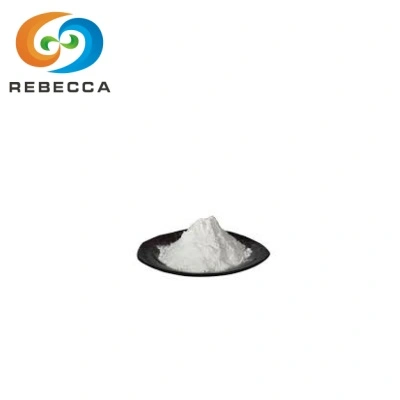
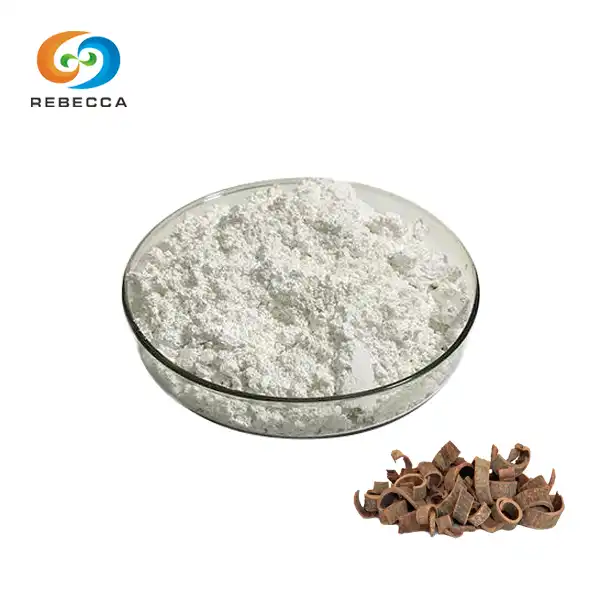
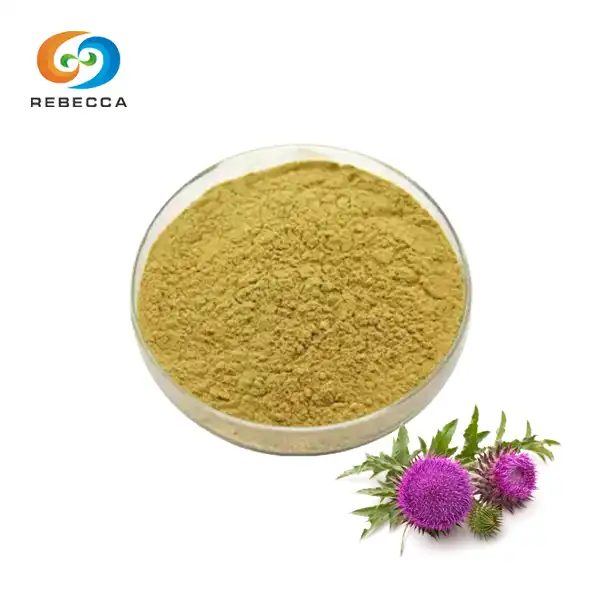
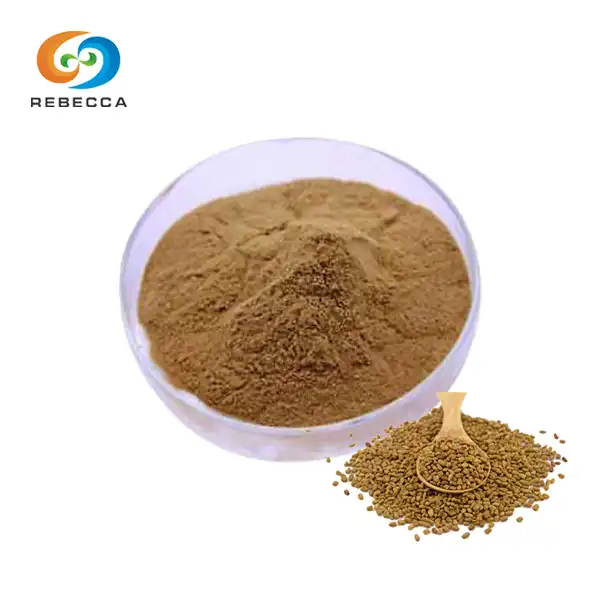
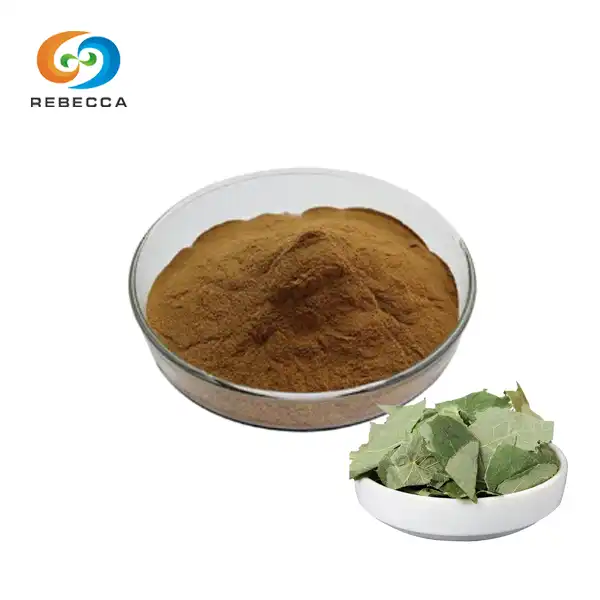
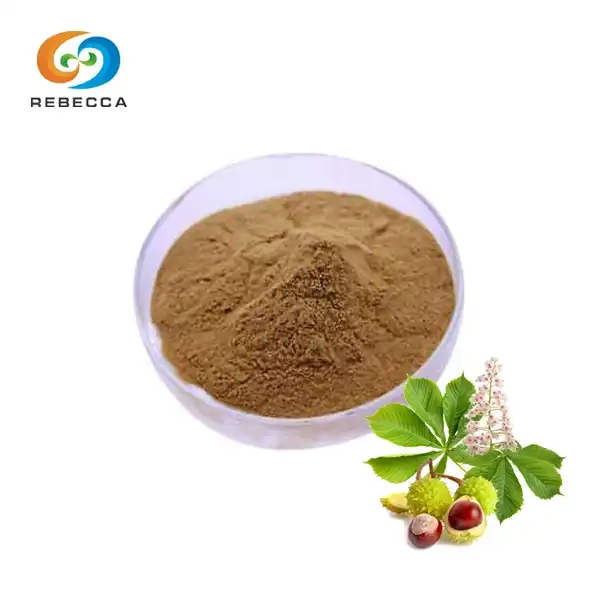
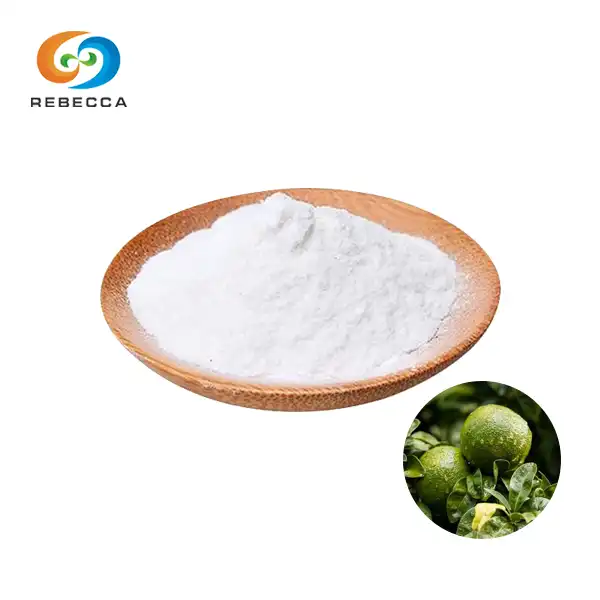
_1747205699273.webp)
